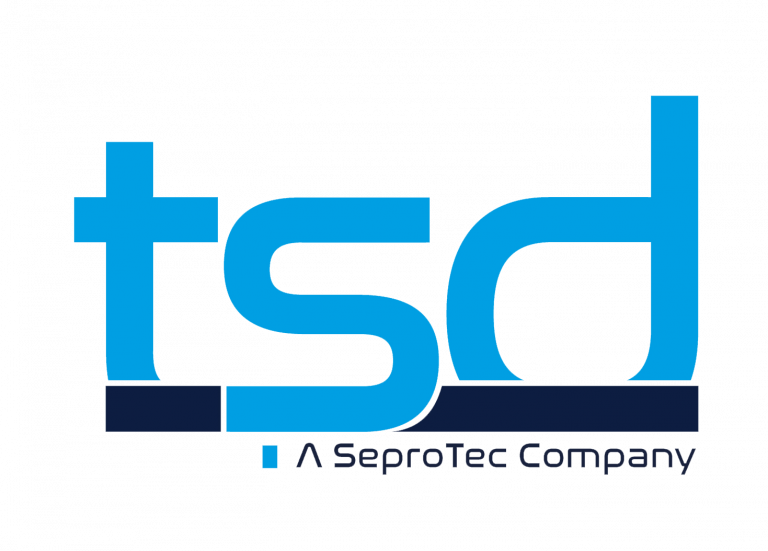It’s a climb – The Summit of excellent quality
Achieving high translation quality or climbing Mount Everest – for some, these two challenges may seem similarly challenging. But for the climbing enthusiasts in our team this is where the fun begins: after all, it’s all a matter of attitude and the right working environment.
If you embrace just a few climbing guidelines and rethink them for your translation project, you could easily master the challenge and optimize your translation quality.
Quality assurance – Better safe than sorry
 Climbing is on the more dangerous side of sport activities. Mistakes or carelessness result in an injury or worse.
Climbing is on the more dangerous side of sport activities. Mistakes or carelessness result in an injury or worse.
Therefore, checking your gear beforehand is crucial. Something that is equally true for translating.
Before starting a project, you should lay out and examine all project related information first: What is the timeline of the project? Is there a glossary or other work instruction? And is this information up to date?
With our checklist for translations, you should be prepared for the steep climb ahead.
Most climbing disciplines follow the principle “better safe than sorry” (or “Partner Check, sonst Partner weg” for German climbers). And why would such a proven concept be any different for translations?!
We are all human and a little typo here and there can easily happen. So don’t let your translators hanging and partner them up with a proofreader who belays their every move. As we all know, four eyes see more than two.
Translation Expertise – Not every climbing route is for everybody

When stepping foot in a climbing hall, pretty much the first thing that you will notice are the many coloured hand holds. While painting a pretty picture, they also indicate the difficulty level of the route. Unfortunately, determining the difficulty level for content is not that easy. Even though you might see some colourful tags within the Translation Management System.
But whether it is translating technical documents or marketing content – every text type has its own perks and not everybody might have the same skillset. Some might still work their way up to more difficult routes – after all, translation is an art which requires time to master it.
If you are unsure whether a certain translator is right for your project, you could consider a small test translation. A lot of translators and agencies are even offering small test translations (mostly up to 300 words). Additionally, a professional supplier has routines in place to choose the right person for the right route and re-evaluates and trains team members, so that they can take up new challenges.
Technical Support – Why would you ever want to climb without the right gear?
 Climbing gear is designed to provide a certain level of safety and practicality – like a translation management system (TMS), maybe? Just like there is various climbing gear available for different climbing disciplines there are hundreds of features within a TMS that could support your translation tasks.
Climbing gear is designed to provide a certain level of safety and practicality – like a translation management system (TMS), maybe? Just like there is various climbing gear available for different climbing disciplines there are hundreds of features within a TMS that could support your translation tasks.
One of the main reasons why using a TMS could boost your translation quality is the translation memory (TM) feature.
Starting with the first translation, it is saving the source and the target text of every conducted translation.
The TM can afterwards be “recycled” for future projects and give your content a certain level of consistency.
In addition, automated Quality Checks can be activated and make the translator aware of possible mistakes.
So, if you do not already work with a TMS, you should think about it. Why would you ever want to climb without the right gear?
Best Practices – No Success without the right mindset
- It takes time: Even Confucious knew “the Journey is the reward”. If you want to achieve high quality translations, tis needs time, just like climbing … unless we are talking about speed climbing, which would probably be Machine translation in that metaphor.
- Attention to detail: In climbing you need to consider each step as you must consider each word when translating, even matches in the translation memory. You wouldn’t risk your life using slings that you are not sure about, would you?
- Passion: Every action should be performed consciously, even when the text seems to repeat for the thousandth time. Therefore, you need a team who is passionate about their job and sees every translation as a new challenge to get to the summit.
If you give these simple Guidelines a try you should be able to see an improvement in the quality of your translation projects.
